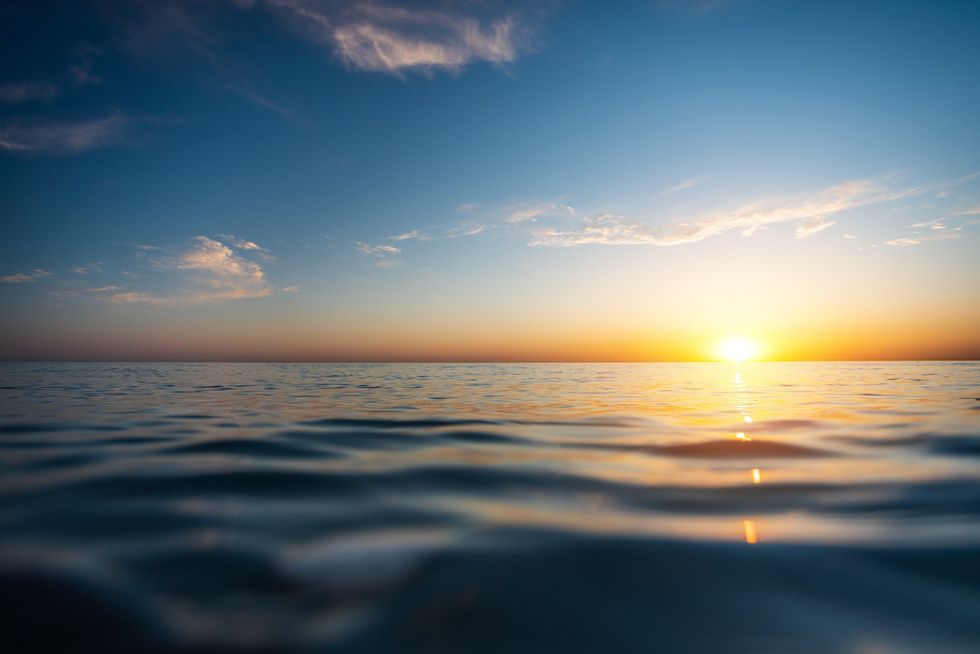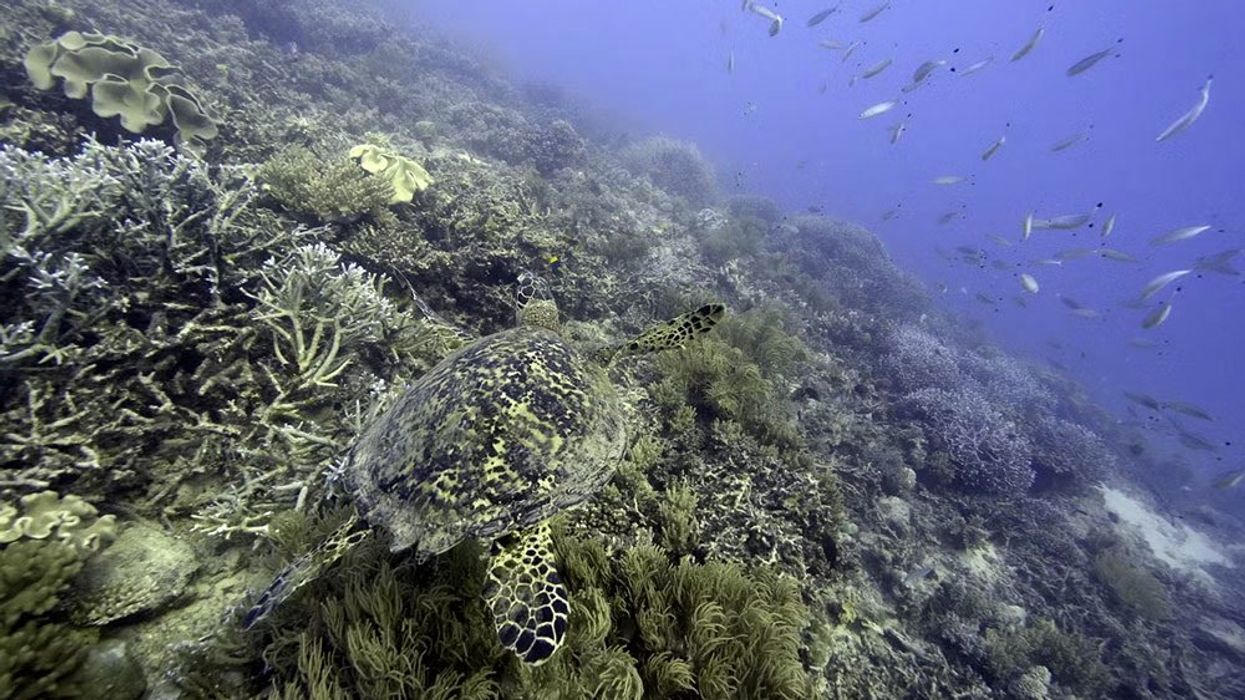Science & Tech
Harry Fletcher
Mar 20, 2023
Ocean treaty: What is the historic UN agreement?
content.jwplatform.com
Scientists studying the world’s oceans have revealed a brand new discovery that could help us understand the true nature of the seas.
According to new research, there are heat waves buffeting the bottom of the ocean and causing temperatures to jump in a range from 0.5 degrees Celsius to 3 degrees Celsius.
The study focused on marine heatwaves, or extremely warm ocean temperatures, which have been observed on the surface of the Earth – and could spell danger for marine life.
The research published in the journal Nature Communications analysed the nature of the heatwaves detected right at the bottom of the ocean [via India Today].
Sign up to our new free Indy100 weekly newsletter
Lead author Dillon Amaya is a research scientist with The National Oceanic and Atmospheric Administration in the US.
Amaya said in a statement: “Researchers have been investigating marine heat waves at the sea surface for over a decade now. This is the first time we’ve been able to really dive deeper and assess how these extreme events unfold along shallow seafloors.”
It’s not good news for wildlife, either. According to the study, heatwaves can impede creatures of all kinds.
It’s linked with global warming too. Over the past 100 years, the seas have warmed by around 1.5 degrees Celsius, with marine heatwaves happening 50 per cent more often.

The paper reads: "Warm ocean temperature extremes — known as marine heat waves (MHW) — can dramatically impact the overall health of marine ecosystems around the globe, including changing the regional distribution of marine species, altering primary productivity, and increasing the risk of negative human-wildlife interactions.”
It’s the latest case of scientists studying the oceans to further our wider understanding of marine life – although, it’s not quite as extreme as one other study announced recently.
A University of South Florida professor confirmed he is taking part in research where he hopes to reside underwater for 100 days.
Professor Joseph Dituri (or "Dr. Deepsea") seeks to examine how the human body handles the long-term effects of staying submerged in extreme pressure as he lives in a 100-square-foot habitat 30 feet below the surface at Jules’ Undersea Lodge in Key Largo, the University of South Florida said in a press release.
Have your say in our news democracy. Click the upvote icon at the top of the page to help raise this article through the indy100 rankings.
Top 100
The Conversation (0)














